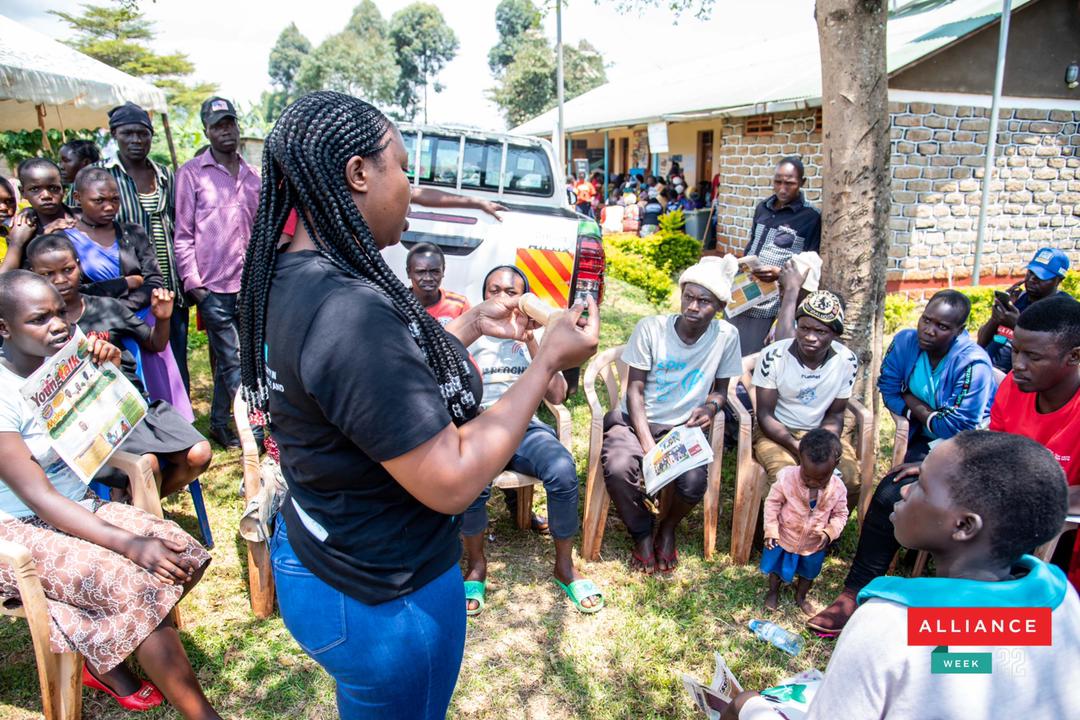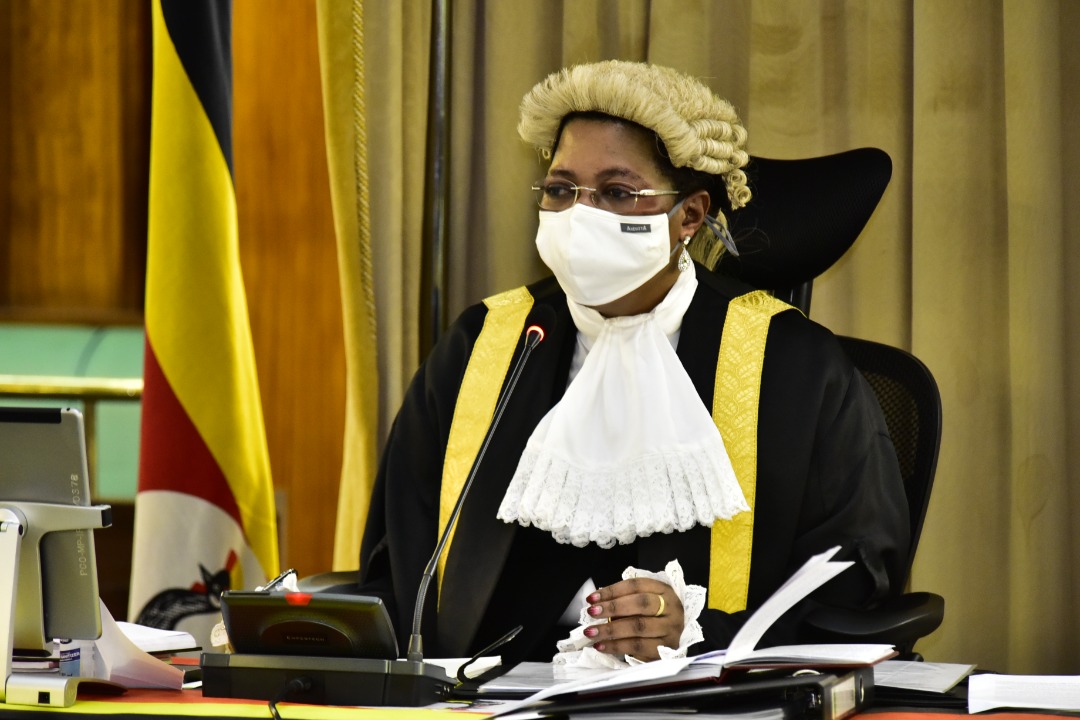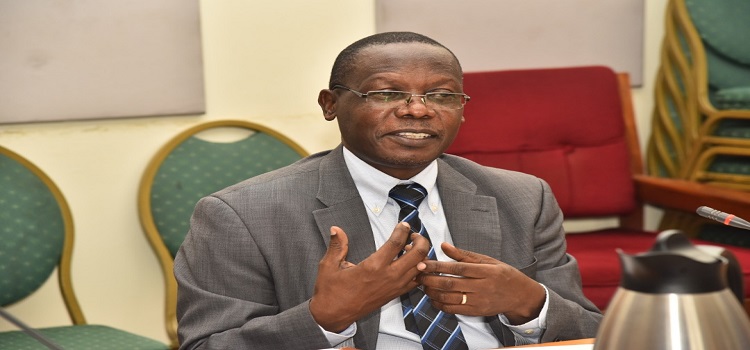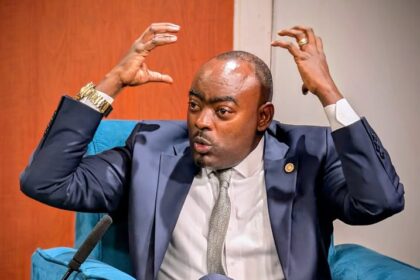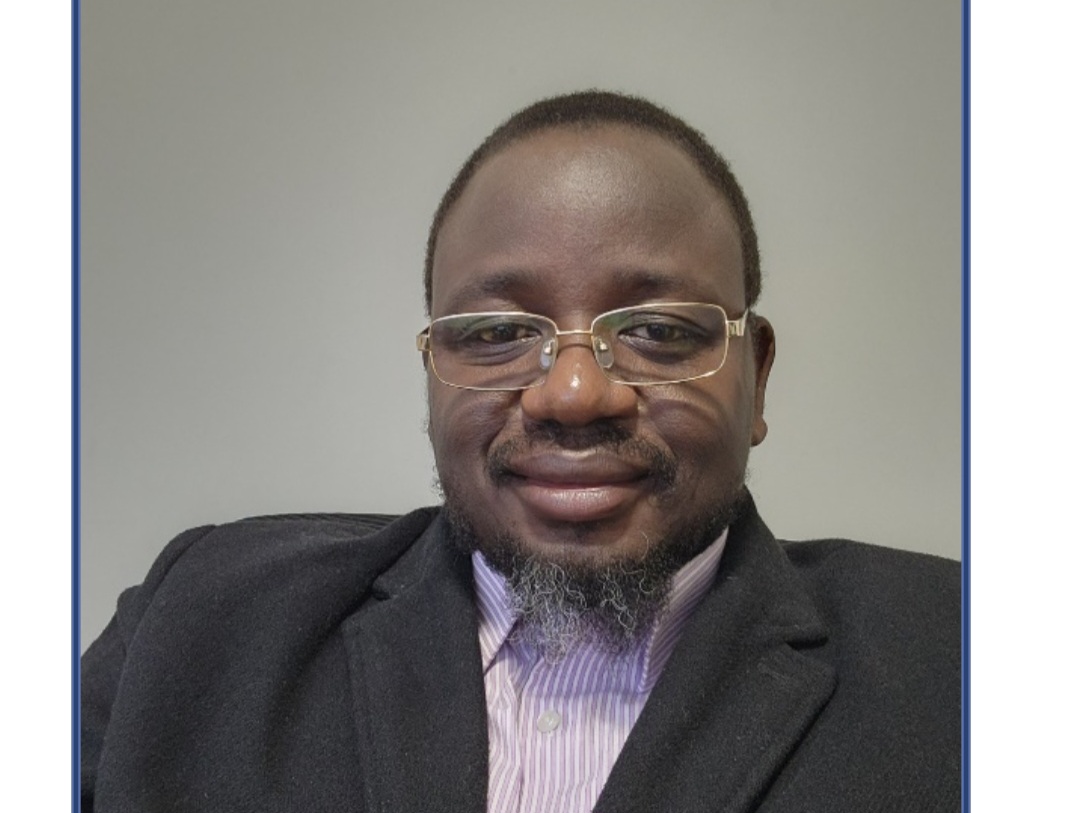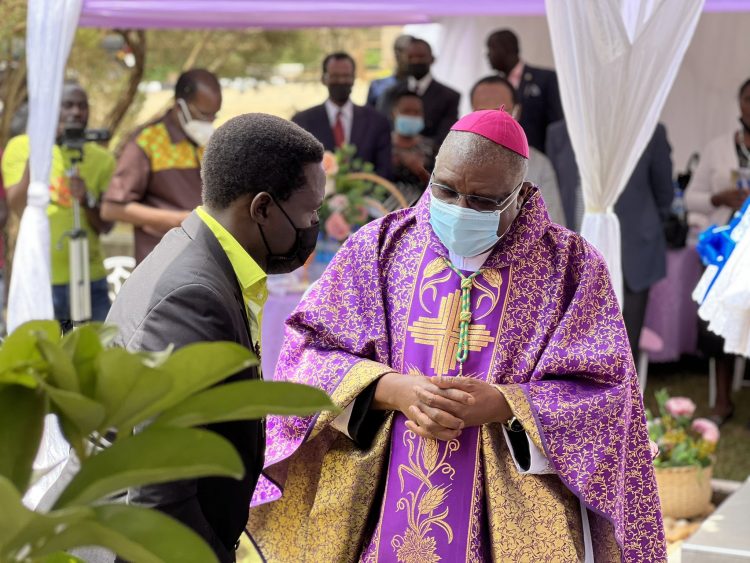By Gloria Chelangat
“The village is very conservative, so it was a challenge to earn their trust,” said Chesang Emmanuel, a reproductive health worker and youth councilor in Kabeywa, in Kapchorwa district.
Through a Right Here, Right Now -II (RHRN-II) sexual and reproductive health rights (SRHR) awareness club, “Kabeywa Wakeup”, Chesang advises young people in his village about crucial yet sensitive issues that span female genital mutilation, child marriage, contraceptive choice and gender equality. Young members of the club are encouraged to talk openly about these often-misunderstood issues, using education, music, interactive theatre, sports and art as platforms.
But Chesang explained that many members of her community initially found it difficult to trust reproductive health arguments they disagreed with, in particular the notion that female genital mutilation (FGM) and sexual harassment are harmful and discriminatory.
Although data are scarce on actual rates of female genital mutilation in Uganda – partly because it is illegal and often carried out in secret – the last available estimates (2016) point to the prevalence of FGM in Uganda remains one of the lowest in East Africa at 0.3% among women aged 15– 49 years.
To spark a wider discussion and in the hopes of rallying more young people from his village, Gilbert Chemonges a district male councilor for Kapchorwa asked some of her community leaders if they could help. “They are respected and trusted,” he said. “We explained the topics we wanted to discuss and how to tackle the problems young women, boys and girls aged 10 to 24 face in our community.”
One leader agreed to join the awareness-raising sessions and brought some girls from the village along with her. Those girls then started bringing their mothers. Febia Cherotich, in charge of youths in the community heard about the club from relatives.
“I learned about topics I knew little of, like adolescent health and the harms of child marriage,” Ms. Cherotich said. “The mothers who came with us also learned a lot about how to deal with their teenage children. People started telling each other and the numbers kept growing.”
A joint initiative between RHRN-II and Uganda’s Ministry of Gender, Youth and Social Development, Ministries if Education and Sports, as well as Health, some 288 awareness advocates have now been set up across Uganda in Sebei and Rwenzori regions to inform and empower young people about their sexual and reproductive health and rights. The issues covered – though at times contentious – have captured growing interest. “We started off with just three people in a session, now we have over 1000 young people,” Aisha Namugenyi Youth Country Coordinator RHRN-II said.
The clubs tackle the barriers young women, boys and girls face in accessing quality health services and challenge damaging social norms and attitudes, such as the sexual harassment directed at them on a daily basis. As Chemonges recalled, “We were discussing whether harassment is ever warranted by what a young person is wearing. The participants were debating it among themselves, until they came to the conclusion that a young people’s clothing is irrelevant.”
The clubs have gradually built a bridge of trust with the communities they work in. “We speak their language and share their problems,” Chesang said. “I wasn’t telling them what to do, I was just giving them the information they needed to make their own decisions.”
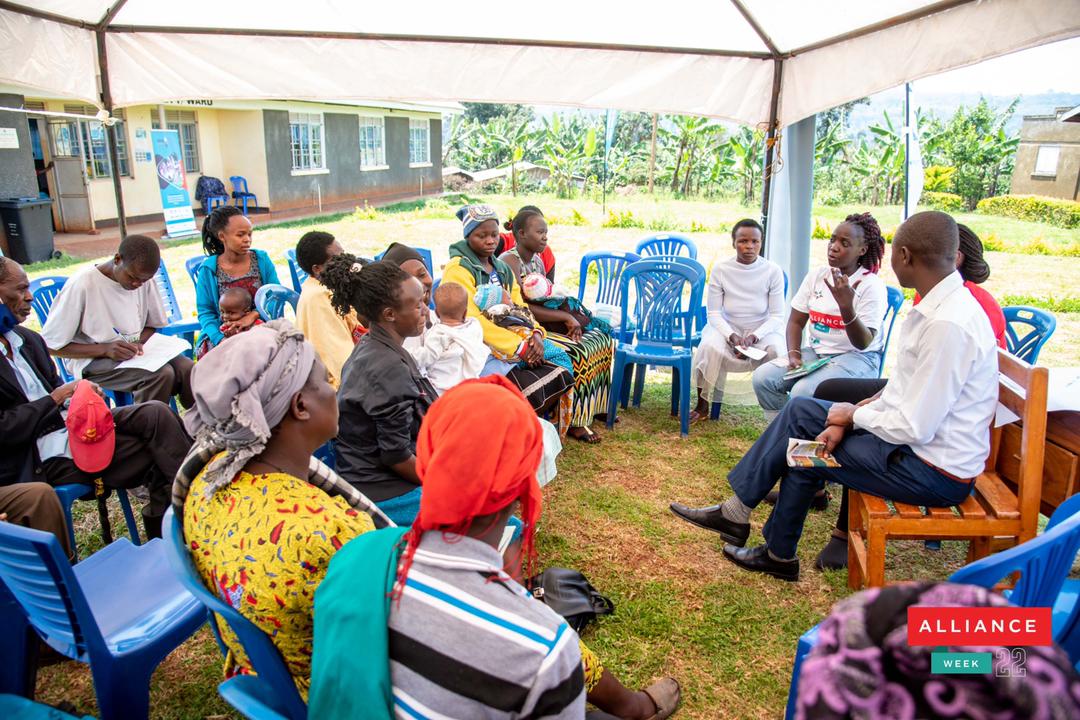
RHRN-II has been working in Uganda for more than five years, striving to broaden access to sexual and reproductive health services, reduce early marriages, maternal deaths and challenge harmful attitudes towards young boys, women and girls.
In 2021, almost 1,000 young people in Uganda were reached through RHRN-II’s female genital mutilation protection, prevention and recovery programmes. More than 2,000 girls were also protected from forced or early marriage, and 167 communities launched advocacy platforms to encourage and inform others about the dangers of gender discriminatory practices and social norms.
To this end, awareness clubs also engage men and boys in discussions on gender justice and equality and reproductive health issues, which they might not otherwise consider as relevant to them. “At first they were reluctant to listen or hear this information from a woman,” Cherotich said. “But I eventually earned their trust by talking to them about my own relative, for example, so they understood that I could relate to them.”
Chesang, added that he is spreading his own knowledge of reproductive health to help others in his Kabeywa community: “I advise my aunt about how she should talk to her teenage son. Whenever a topic I learned about comes up, now I have something to say about it.”
Do you have a story in your community or an opinion to share with us: Email us at Submit an Article



